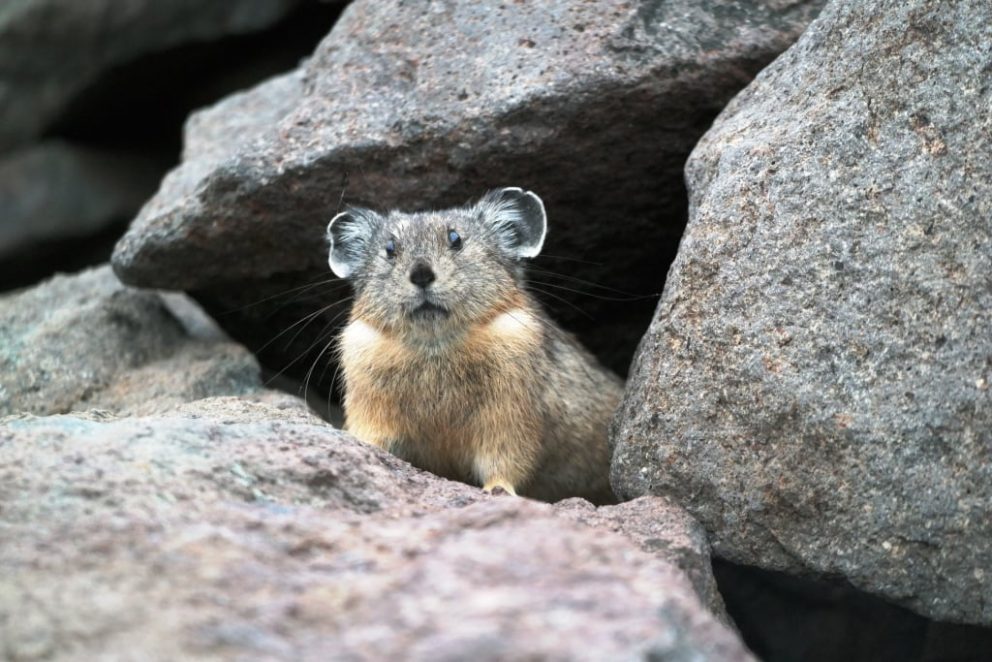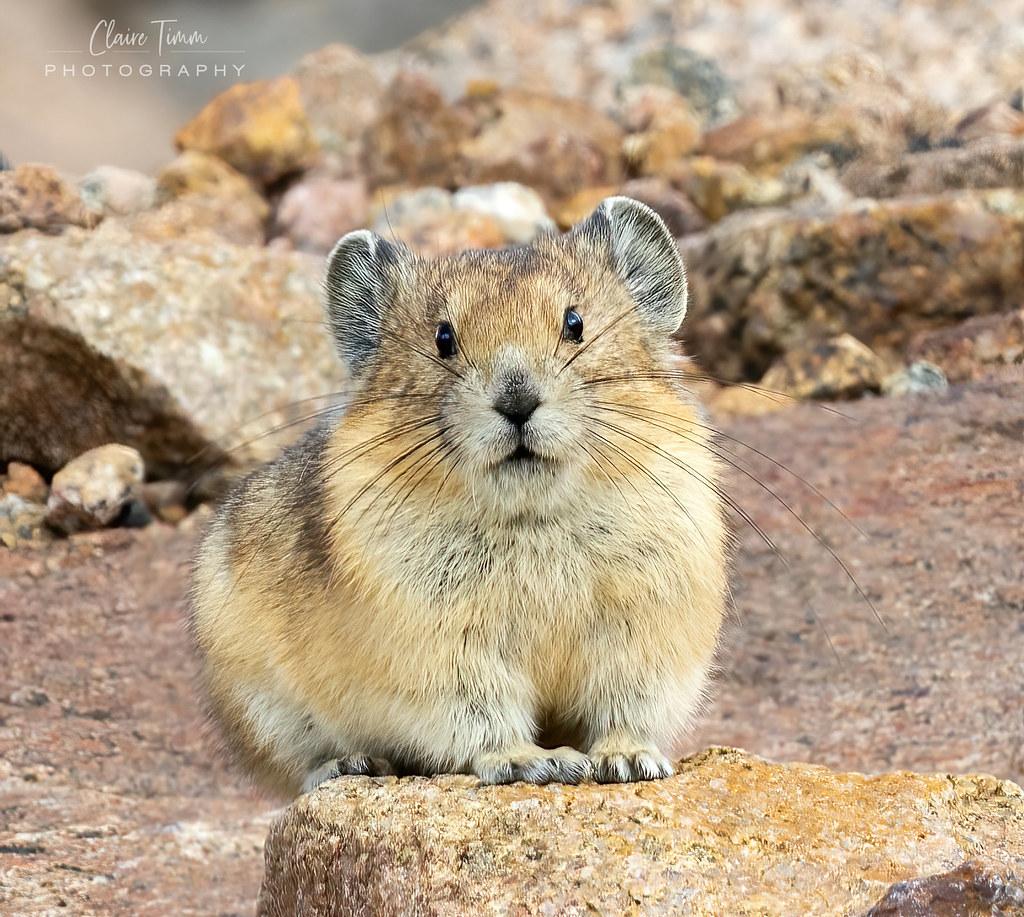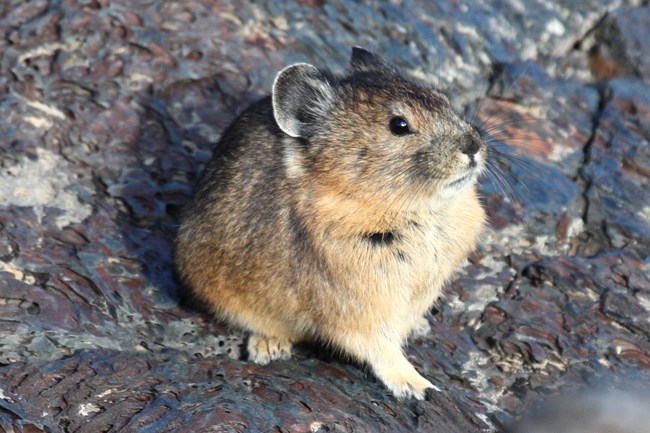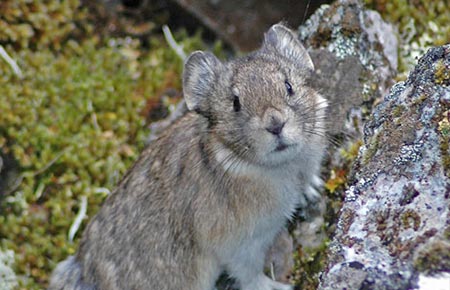Study: Geography, not genetics, influences American pika's response to climate change

A very large team of researchers from across the U.S. along with a few from Canada and Australia has found that geography is playing more of a role in how the American pika is responding to climate change than genetics. In their paper published in the journal Nature Climate Change, the group describes their exhaustive study of the small animal and what they found. Meagan Oldfather with the University of Colorado Boulder has published a News & Views piece in the same journal issue outlining the work by the team.

Temperate Zone Isolation by Climate: An Extension of Janzen's 1967 Hypothesis

Full article: Distribution, climatic relationships, and status of American pikas (Ochotona princeps) in the Great Basin, USA
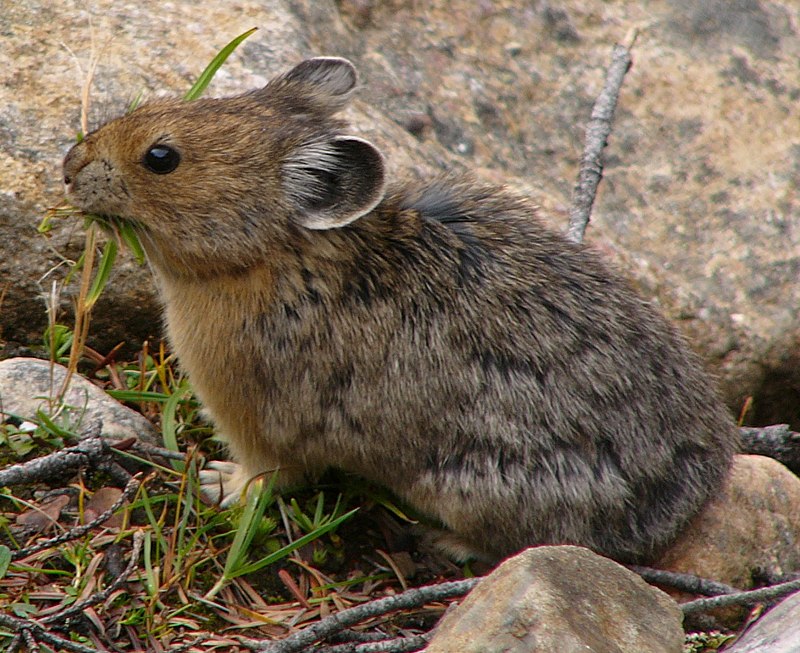
American pika - Wikipedia
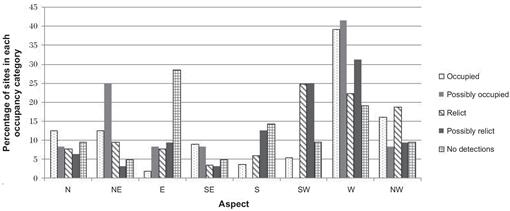
A Surprising Discovery of American Pika Sites in the Northwestern Great Basin

Genetic Diversity: Most Up-to-Date Encyclopedia, News & Reviews

Prion disease: PRNP sequences of wild animals from the Qinghai-Tibet Plateau

Insights from present distribution of an alpine mammal Royle's pika (Ochotona roylei) to predict future climate change impacts in the Himalaya

Improvements in reports of species redistribution under climate change are required

Genomic variation in the American pika: signatures of geographic isolation and implications for conservation — Niwot Ridge LTER

Genome-wide analysis reveals associations between climate and regional patterns of adaptive divergence and dispersal in American pikas

Locations of the eight national park units in this study, in relation





